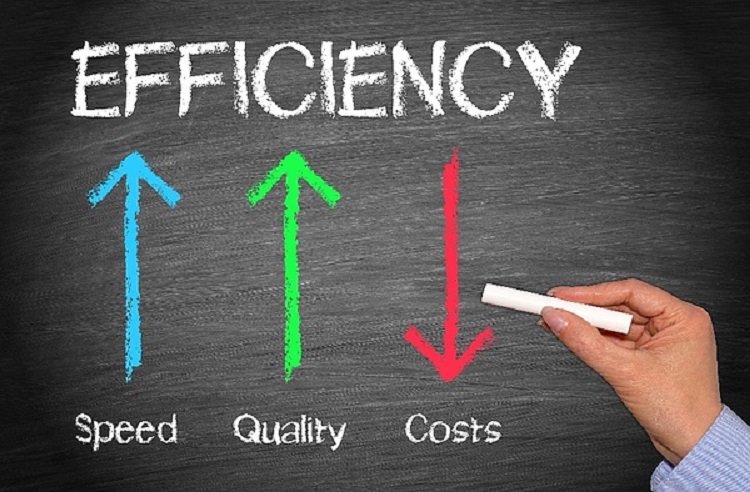In a competitive market-place, it is important to put yourself in the driving seat of any cost-saving opportunities. Whether you are responsible for 2 or 200 vehicles; the most important role of a fleet manager has to be ensuring the optimal efficiency of your fleet to meet and/or beat competitors delivery times and prices. Keeping a continual eye on how to make savings on time and costs not only translates into wider profit margins for your company but it also allows you to exceed customer expectations too. A satisfied customer means repeat business and new business via their recommendation too.
There are many ways to improve fleet efficiency and at least several of these can be covered by investing in fleet trackers. Here are five ways how trackers can help to improve the efficiency of your fleet:-
Choosing the best tracker for the job
The best fleet trackers on the market are those that come with a user-friendly GPS mapping system so that you can literally be the all-seeing eye of your fleet activity 24/7 – the next best thing to being in the driving seat! Keeping track of your assets, following your drivers on their routes and being aware of live traffic data that may slow your fleet down all combine to mean more jobs in fewer hours and miles and all this from simple connectivity to a desktop or mobile device.
Fitting trackers on multiple vehicles or swapping
Trackers are versatile enough to suit the needs of any individual fleet; for instance, they can be fitted to multiple vehicles or transferred between vehicles to suit to maximize usage and therefore fleet efficiency. This flexibility is ideal for budget needs and fleets where vehicles are not always in use or regularly swopped and changed.
Trackers can be fitted to most types of vehicles including farm and construction machinery, maritime equipment, caravans, trailers, motorcycles and shipping containers so whether you manage a traditional fleet of cars or have a mix and match of vehicles – you can choose a configuration of trackers to suit your needs and maximise the efficiency of your fleet.
Using trackers as theft deterrents
A tracker acts as an anti-theft device AND is also a solution in the event of a vehicle being taken, due to its satellite location system that will tell you the exact location. Nothing decreases fleet efficiency like having a vehicle going missing but having a tracker fitted means that it will quickly be on the road again – back in safe hands.
Using trackers to plan better routes
Trackers provide a wealth of information regarding a vehicle’s performance and efficiency. The shortest routes mean the fastest delivery times for your customers as well as maximising the number of journeys or deliveries in a day. These analytics will also help you to keep fuel usage to a minimum.
Improving the efficiency of drivers
It is not only the vehicles that make up your fleet but the drivers too, and one way to improve fleet efficiency is to monitor and improve their behaviour so that they are driving smart and safe. A GPS tracker literally monitors and provides feedback regarding driving ability and efficiency of your drivers; giving feedback on things like speed and fuel usage as well as alerting you to the fact that they may be taking an unplanned break or deviating from their route. A well-driven vehicle is also one that will likely show less wear and tear which means increased fuel efficiency and less chance of things going wrong mechanically.
